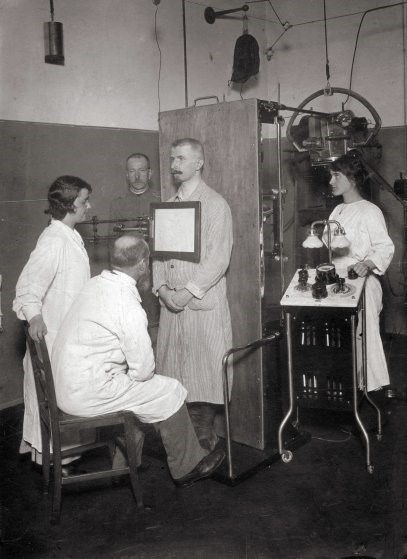Posts Tagged ‘Employer Rights’

WHAT’S NEW FOR 2019 CALIFORNIA’S INCREASED PROTECTIONS AGAINST WORKPLACE HARASSMENT
In addition to the safeguards we have recently reported, the California legislature has enacted other significant “Me-Too”-inspired legislation effective January 1, 2019 to further prevent workplace harassment and encourage those targeted to prevail on their claims: Optional Bystander Intervention Training Authorized. Employers may, but are not required to, provide bystander intervention training and guidance to […]

WHAT’S NEW FOR 2019 COMPUTER SOFTWARE PROFESSIONALS
New 2019 Overtime Exemption Rates California Labor Code section 515.5 exempts certain computer software professionals from overtime compensation if they receive specified minimum compensation. California’s Department of Industrial Relations (DIR) has announced its rate increase for this minimum, effective January 1, 2019, to $45.41, up from $43.58. Alternatively, an otherwise qualified employee paid by salary […]

WHAT’S NEW FOR 2019 ENCOURAGING GOOD BEHAVIOR
California Expands Sexual Harassment and Violence Legal Protections A claim for sexual harassment exists under section 51.9 of the Civil Code against someone who is in a “business, service or professional relationship” with the harassment victim. This section enumerates various professions subject to such a claim including attorneys, persons with a master’s degree in social […]

WHAT’S NEW FOR 2019 CALIFORNIA’S CLARIFICATION ON EMPLOYEE ACCESS TO THEIR PAYROLL RECORDS
COPY THAT California employers must provide employees with accurate, itemized written wage statements semi-(twice)-monthly or at the time or each payment of wages. Those statements must contain exact, detailed pay-related information, such as the employee’s identity, hours worked, and gross and net wages earned. Labor Code 226(a). See, Ignore at Your Own Peril (February, 2018). […]

PREGNANCY ACCOMMODATION IN CALIFORNIA
New, Simpler Certification Form for Disability Leave, Transfer and Other Reasonable Accommodation The California Fair Employment and Housing Act (FEHA) requires employers with five or more on payroll to provide pregnancy disability leave, transfer and/or other reasonable accommodation due to pregnancy, childbirth, or a related medical condition. A woman is “disabled by pregnancy” if her […]

WHAT’S THAT AGAIN?
Hearing Disabled Applicants Deserve Equal Consideration The federal Americans with Disabilities Act (ADA) and California’s Fair Employment and Housing Act (FEHA) prohibit discrimination against persons with disabilities. An employer may not refuse to hire an otherwise qualified person because of a disability unless it is an insurmountable impediment to performing the job in question. On […]

HIGH TIMES IN CALIFORNIA
HOW TO RISE ABOVE THE HAZE In November 2016, California voters approved The Adult Use of Marijuana Act, also known as Proposition 64 (California Health and Safety Code [HSC] sections 11357-11362.9) which allows adults 21 years of age or older to possess and use marijuana for recreational purposes. Fortunately, Proposition 64 does not alter the […]

STRIKE A BLOW FOR EMPLOYERS
California Expands the Exception to Listing “Hours Worked” on Pay Stubs California Labor Code Section 226 requires employers to provide workers with strictly defined statements (i.e. pay stubs) either semimonthly or with each paycheck. See, California’s Itemized Pay Stub Requirements, Ignoring the Needed Details Poses Trap for Unwary Employers (March, 2016). While section 226 generally […]

ANGER MANAGEMENT
Jerks, Introverts and the Americans with Disabilities Act, Weaving v. City of Hillsboro The ability of employers to follow the law – and of judges to enforce it – depends on clearly defined standards of responsibility and conduct. Vaguely or otherwise poorly stated rules can lead to inconsistent outcomes in very similar factual situations. This […]

EMPLOYER DUTIES TO FIGHT RELIGIOUS PREJUDICE
Companies Must Uphold Worker Rights to Religious Garb or Grooming Even if It Means Losing Business The Equal Employment Opportunity Commission (EEOC) is responsible for enforcing the federal laws prohibiting discrimination in commerce, including the Civil Rights Act of 1964, nicknamed “Title VII.” In the wake of the September 11 attacks, the EEOC has fielded […]
